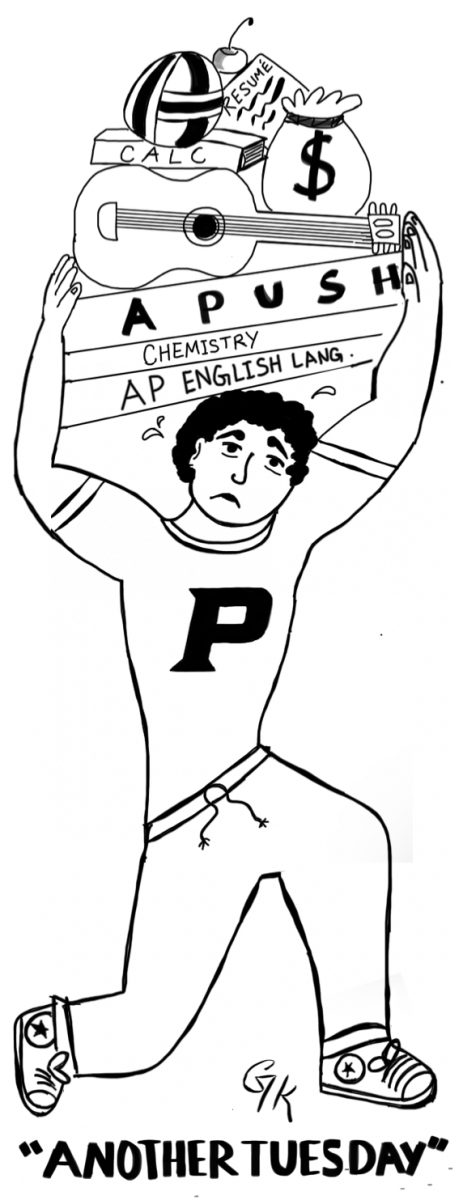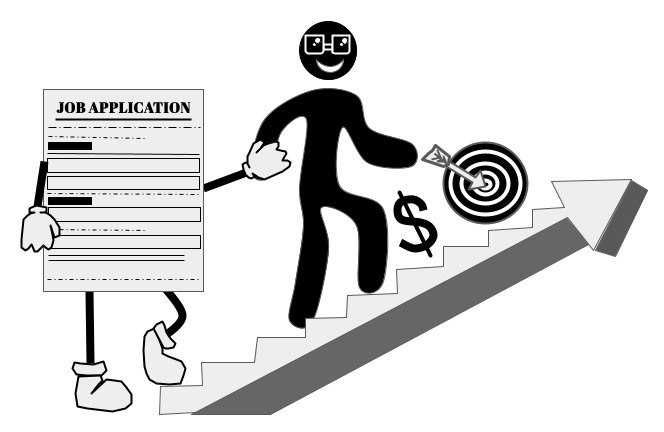Walking through the halls, junior Hannah Jones sees an “Under the Sea,” homecoming poster, and considers whether it’s worth it to go.
Jones knows that if they purchase the ticket, they must work at least four hours to pay for it.
Junior Sydney Harris spots the same poster. Harris remembers she hasn’t bought tickets, which now cost $80 dollars this week. Later that day, Harris asked her parents to buy her ticket, and they quickly obliged.
Economic differences change the high school experience of students and their social life.
Harris’s parents are economically positioned to provide for her “fun” extracurricular expenses, such as dances and school sports games.
For Harris, she is grateful that her parents can provide the funds for the social aspect of her high school experience. “I feel thankful that I can have more free time to spend with my friends on the weekends, and that I don’t have to worry about money,” Harris said.
Her parents have even gone as far as not allowing her to get a job.“They just want to help me to be able to focus on school and keep stable mental health . . . [by] hanging out with my friends and being part of the community,” Harris said.
Harris feels a lot of internal and external pressure to keep up at school. She is very appreciative of the opportunities her parents have provided for her.
Harris’s mother, Jennifer Harris, thinks “the demands on high schoolers these days are crazy. There’s only so much time in the day. At home, we have conversations about spending, and we are fortunate enough to give Sydney an allowance, which she earns doing chores,” Jennifer said.
This, however, is not how the story goes for everyone. Hannah Jones is not in a position for their parents to provide for their social life, so to pay for social outings they support themselves with their job at Chick-fil-A.
“I have to work a lot,” Jones said. “I don’t really feel like I have balance. I feel sort of separated from my friends. People who don’t work don’t really consider the cost of going out,” they added.
Even though high schoolers have no choice in economic status, each experience has pros and cons. Learning to balance work and social life is a valuable lesson for many students.
On the brighter side, Jones points out, “working like this is preparing me for the real world after school, juggling my life and budget,” Jones said.



